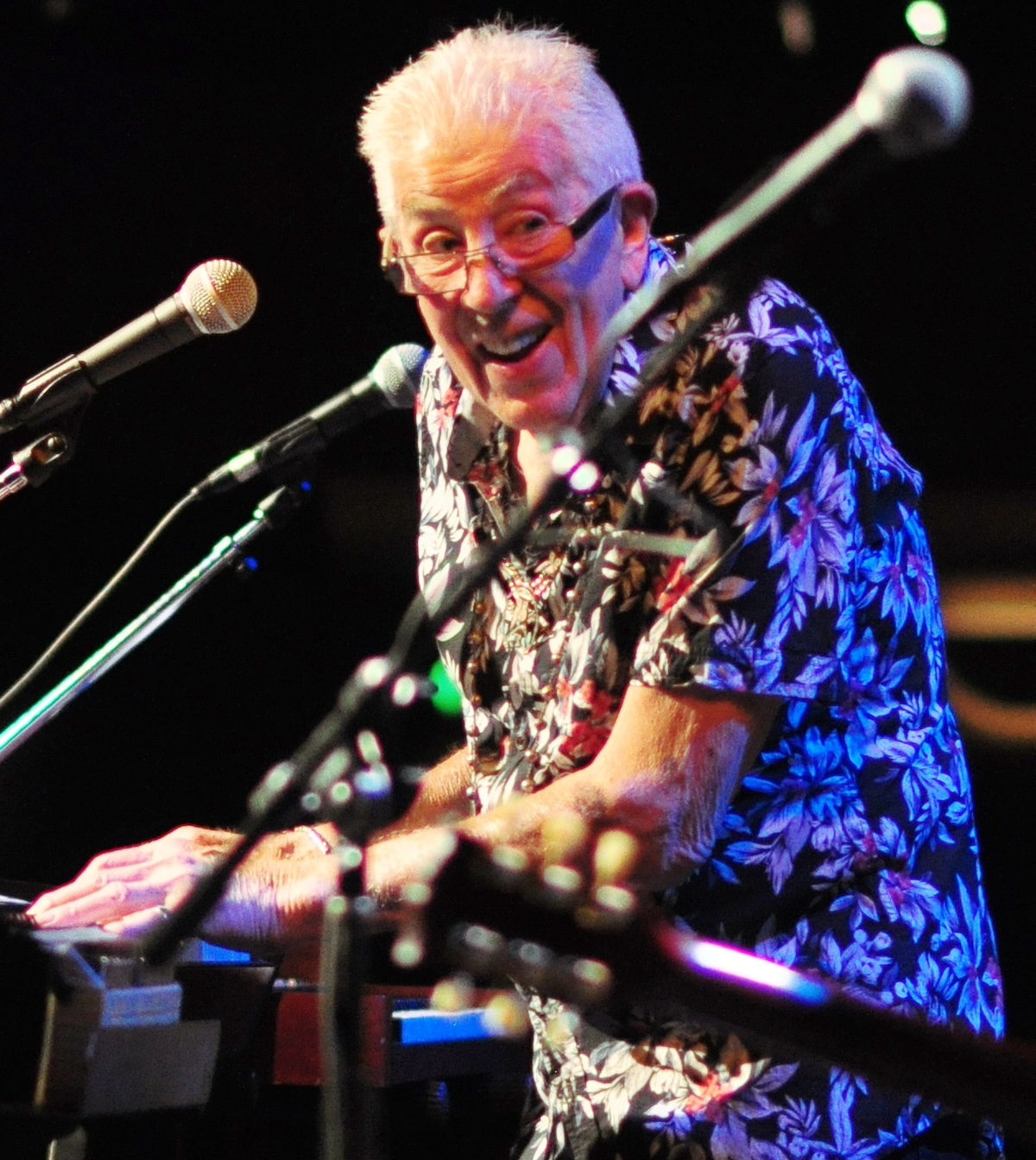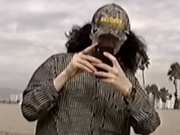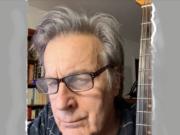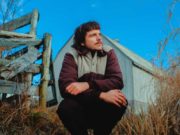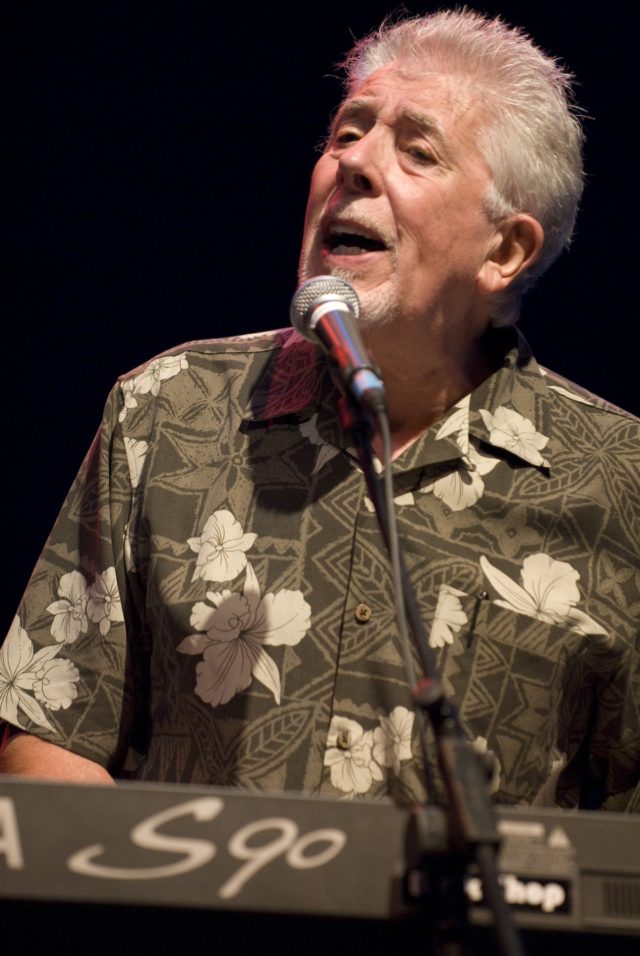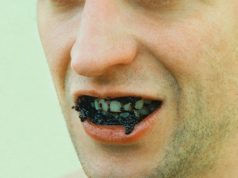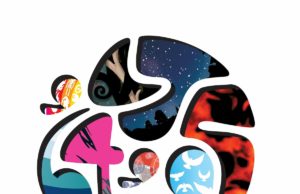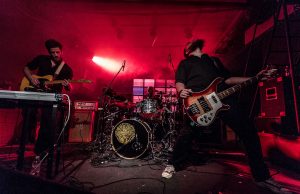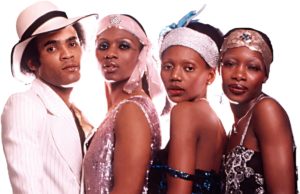RIP John Mayall. The British blues-rock pioneer reportedly died Monday, July 22 at age 90. “Health issues that forced John to end his epic touring career have finally led to peace for one of this world’s greatest road warriors,” said a post on the musician’s Instagram page. Truer words etc. Back in 2009, when he was still a spry 75 year old, I was lucky enough to chat with the hard-working, influential legend, who was promoting a tour of Canada. Here’s what he had to say about touring, his latest album and the prospect of retirement:
For John Mayall, the past year has been another turning point. Last November, the elder statesman of British blues-rock announced he was disbanding his latest long-running lineup of Bluesbreakers to cut back on his heavy workload, sparking speculation that the legendary singer-guitarist was eyeing retirement.
“It did get a little bit exhausting,” admits the 75 year old during a day of phone interviews from his Los Angeles home. “We did a lot of touring that year and things caught up with me. It was a bit of an overload. I wasn’t exactly spinning my wheels, but I felt like a change. So I thought it was time to retire the Bluesbreakers and take a break.”
But what a difference a year makes. This month — the 40th anniversary of his landmark 1969 live album The Turning Point — Mayall returns to Canada with a new band, a new album called Tough, and a grinding tour schedule of 12 concerts in 13 days. For many musicians one-third his age, it would be, well, tough. For Mayall, it’s business as usual.
“We don’t do nights off, really,” he says matter of factly. “The ideal thing is to work every night. That way you keep the momentum going. When we have days off, we’re just twiddling our thumbs, wondering what to do. It’s important to try to fill every day that we’re out there.”
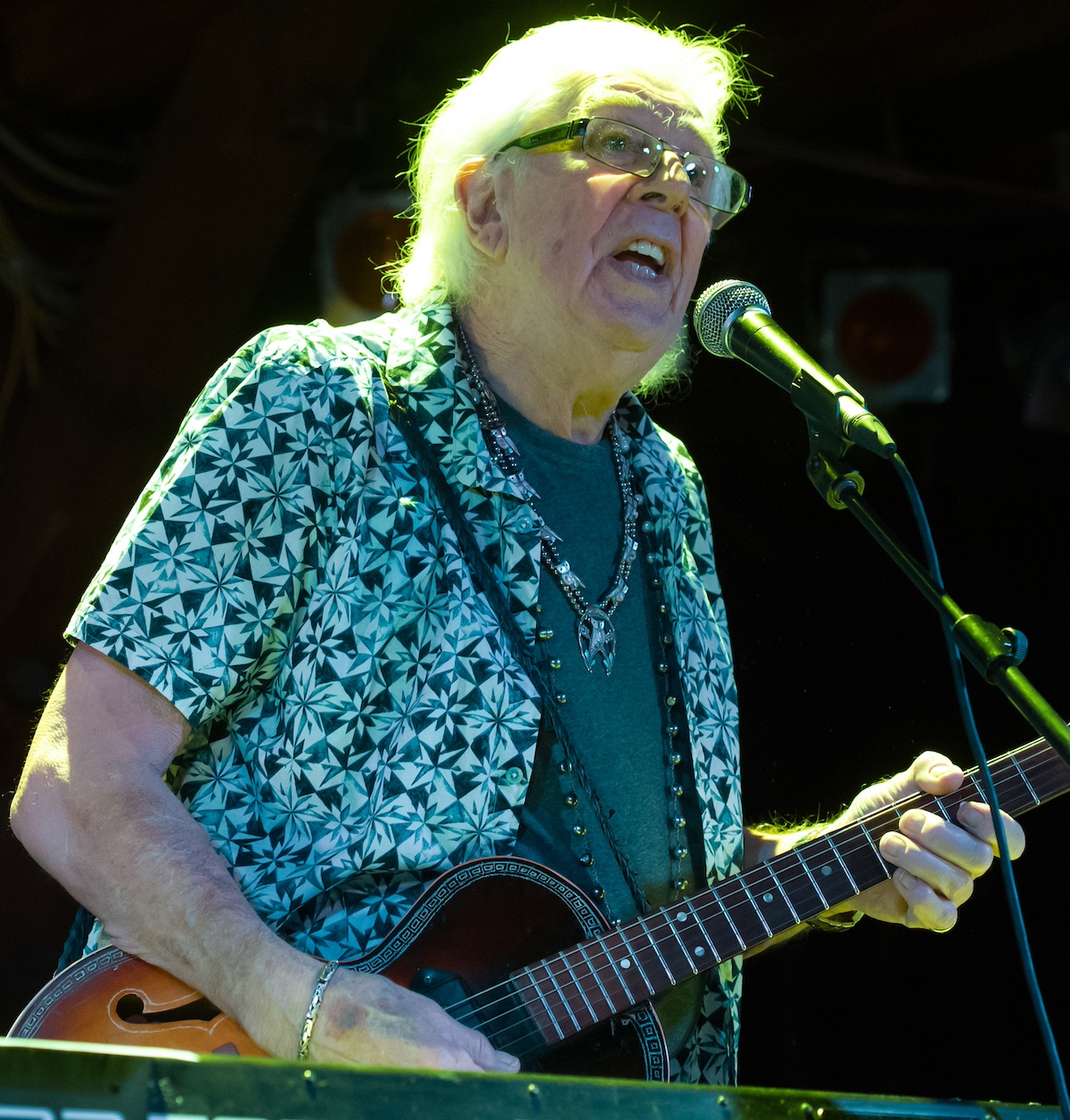
Mayall’s old-school work ethic also accompanied him into the studio when he was recording Tough. “We made the entire album in the course of a week,” he reveals. “It was three days to do all the tracks. I’ve always liked to work quickly to catch the energy of first takes.”
Another thing he didn’t waste time on? Writing songs. Tough only has two original compositions: One about the economy and another about how much he dislikes the robotic sound and negative lyrics of rap. And Mayall only penned them because he felt he had to.
“I had a lot of songs from other writers that I’d been collecting for a quite a while, and I thought this was the time to record them — new band, new writers, you know? But at the last minute, I realized we hadn’t got enough to fill an entire album,” he laughs. “So I had to write a couple of songs quick. Actually, I wrote them while we were in the studio. We recorded one and listened to the playback, and at the end I had to say, ‘Don’t go yet, folks, here’s another one.’ “
If Mayall’s nose-to-the-grindstone approach sounds more militaristic than musical, fair enough — ever since his first album in 1965, his band has been a virtual boot camp for British blues and rock performers. Everyone from Mick Fleetwood and John McVie to Jack Bruce and Eric Clapton did time in the trenches with Mayall, often using the experience as a career springboard.
Mayall, meanwhile, has often seemed like the teacher surpassed by his students. He’s never won a Grammy, never had a hit single, and is not a member of the Rock and Roll Hall of Fame. He’ll admit to finding the latter “a bit odd,” but beyond that, seems less concerned with trophies than with mastering a new tuning on his 12-string guitar.
“All that other stuff is something I really don’t have any control over,” he says humbly. “My focus is on making good music. That’s really the most important thing rather than honours, which I think really have a lot more to do with commerciality than anything else. I’m just happy that I have the freedom to play exactly what I want to play.”
As long as that freedom doesn’t come with a lot of free time, apparently.
